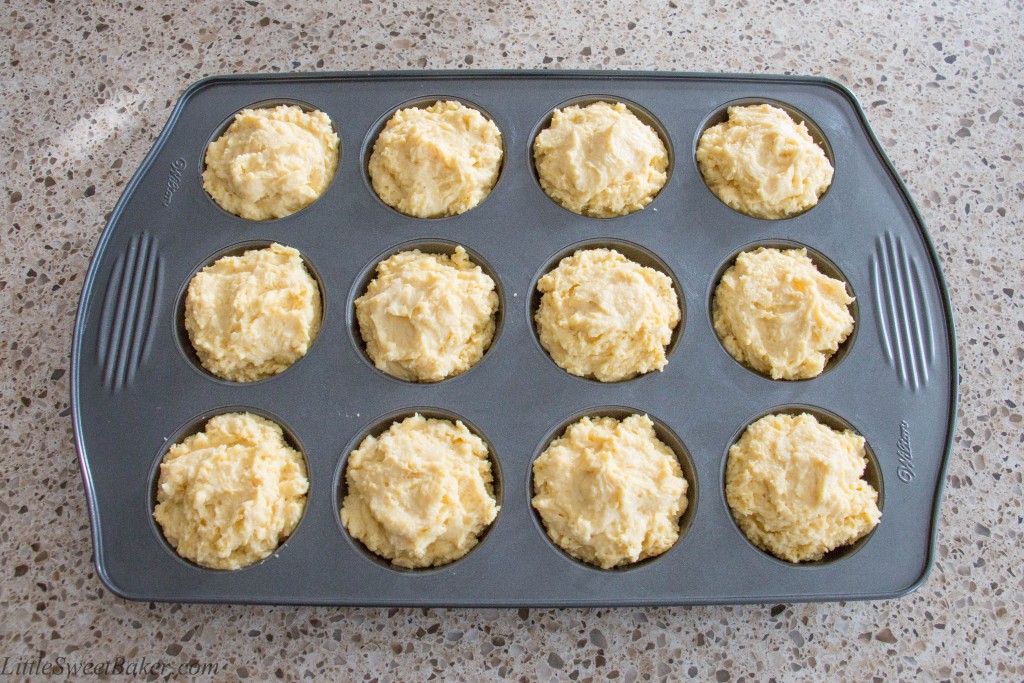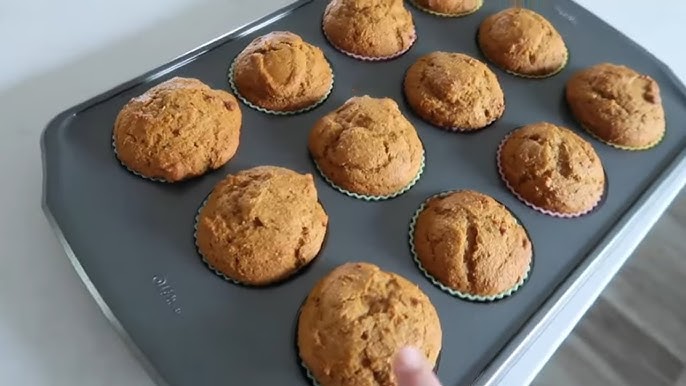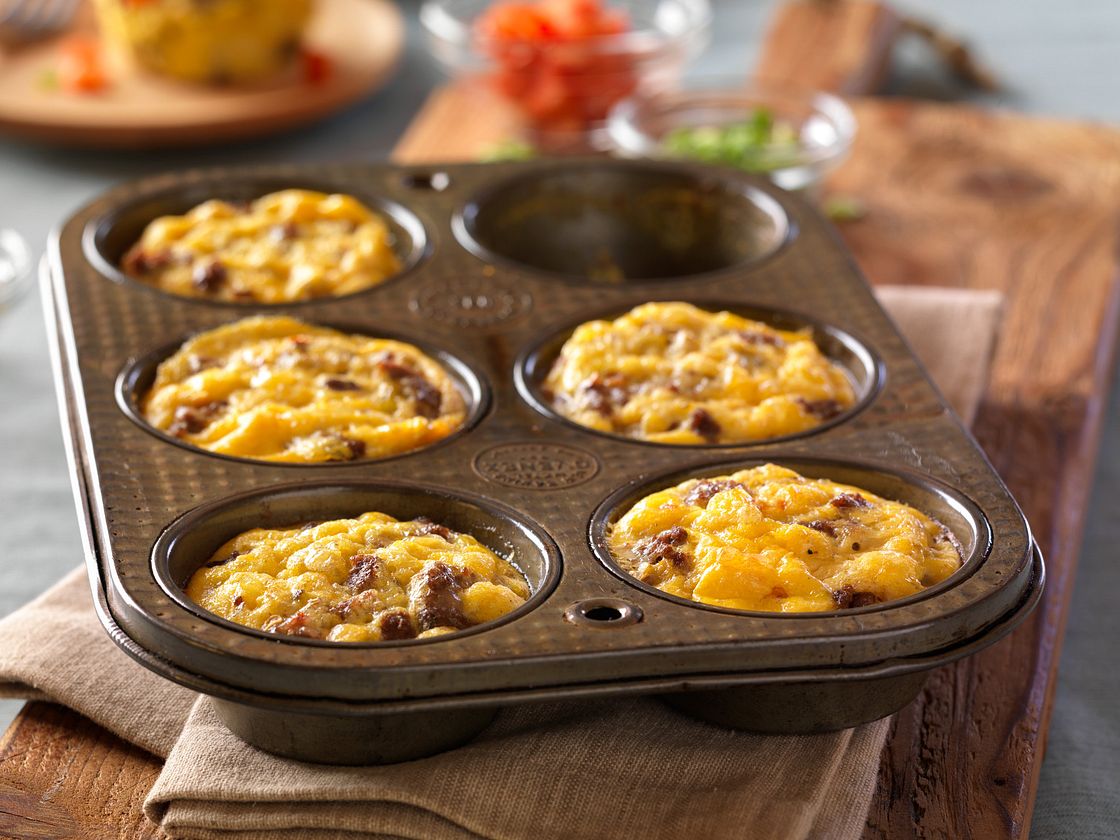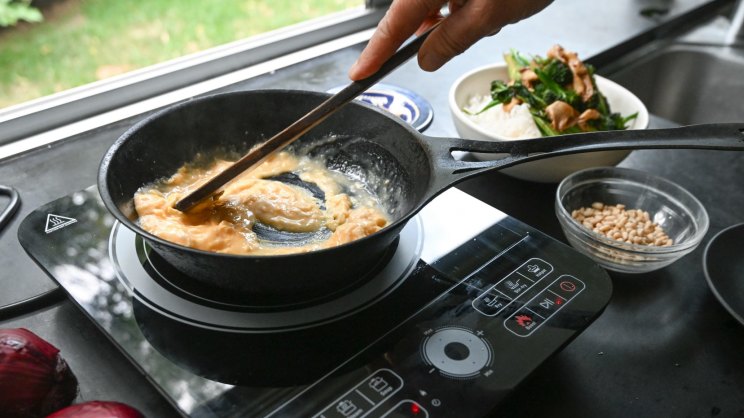In the fast-paced world of culinary arts, having the right tools is essential for kitchen professionals. Among these vital tools, baking gloves for heavy cast iron pans are indispensable. Whether you're an experienced chef or a budding cook, investing in a quality pair of gloves can dramatically enhance your cooking experience.

The Significance of Baking Gloves
Handling heavy cast iron pans requires a focus on safety and efficiency. While these pans are celebrated for their ability to retain heat and cook evenly, they can also be hazardous because of their weight and high temperatures. This is where baking gloves become invaluable, providing both protection and convenience.
Shielding Against Heat
Heavy cast iron pans can reach daunting temperatures, making it risky to handle them without appropriate gear. Baking gloves are crafted to endure these high temperatures, empowering chefs to manipulate pans confidently. This safety feature is essential not only for personal protection but also for maintaining a smooth workflow in a bustling kitchen.
Enhanced Grip and Control
In addition to heat protection, baking gloves improve grip and control. This is particularly necessary when dealing with heavy cast iron pans, which can be cumbersome to maneuver. Quality gloves offer an enhanced grip, enabling chefs to handle their cookware precisely, thus minimizing the chances of spills or accidents.
Finding the Right Baking Gloves
With a plethora of options available, choosing the appropriate baking gloves can be overwhelming. However, considering a few essential factors can help you find the ideal pair for your cooking needs.
Material Considerations
The material of the gloves is a critical factor influencing their performance. There are various options including cotton, silicone, leather, and Kevlar. Each material comes with its advantages, with silicone offering great heat resistance and flexibility and leather ensuring durability and a strong grip. Assess your specific requirements and the types of dishes you frequently prepare when selecting your gloves.
Correct Size and Fit
A proper fit is crucial for both comfort and effectiveness. Gloves that are overly tight can hinder movement, whereas those that are too loose may slip off or reduce dexterity. When selecting baking gloves, opt for a snug yet comfortable fit that allows full range of motion.
Care and Maintenance
Like any kitchen tool, baking gloves require proper maintenance to ensure longevity. Regular upkeep will keep them in excellent condition, ready for your culinary endeavors at any time.
Cleaning Guidelines
Depending on the material, cleaning methods will differ. Silicone gloves tend to be dishwasher safe, while leather gloves might need specialized cleaning products. Always adhere to the manufacturer's cleaning instructions to avoid causing damage.
Storage Recommendations
Storing your gloves correctly is also crucial. Keep them in a cool, dry space, away from direct heat or sunlight to prevent material deterioration and to ensure they remain ready for action.
Conclusion
For culinary professionals, having the right equipment can significantly enhance the creation of culinary delights. Baking gloves for heavy cast iron pans are more than just a convenience; they are a necessary tool for ensuring safety, efficiency, and precision in the kitchen. By selecting the right pair of gloves and maintaining them properly, chefs can elevate their cooking experience and prepare each dish with confidence. For more insights on vital kitchen tools, explore this best cooktops and check out how to re-season muffin pans.
If you're looking for delicious muffin ideas, take a look at this savory muffin recipe guide.

FAQ
Are baking gloves necessary for all cooking tasks?
While not essential for every cooking activity, baking gloves are crucial when dealing with high-temperature cookware, particularly heavy cast iron pans.
Which material is best for baking gloves?
The ideal material varies based on your needs. Silicone is excellent for heat resistance, while leather offers durability and a solid grip.
How often should I replace my baking gloves?
This depends on how often you use them and the level of care they receive. Regularly inspecting for wear and tear will aid in determining when to replace them.
This article contains affiliate links. We may earn a commission at no extra cost to you.





Leave a comment
This site is protected by hCaptcha and the hCaptcha Privacy Policy and Terms of Service apply.